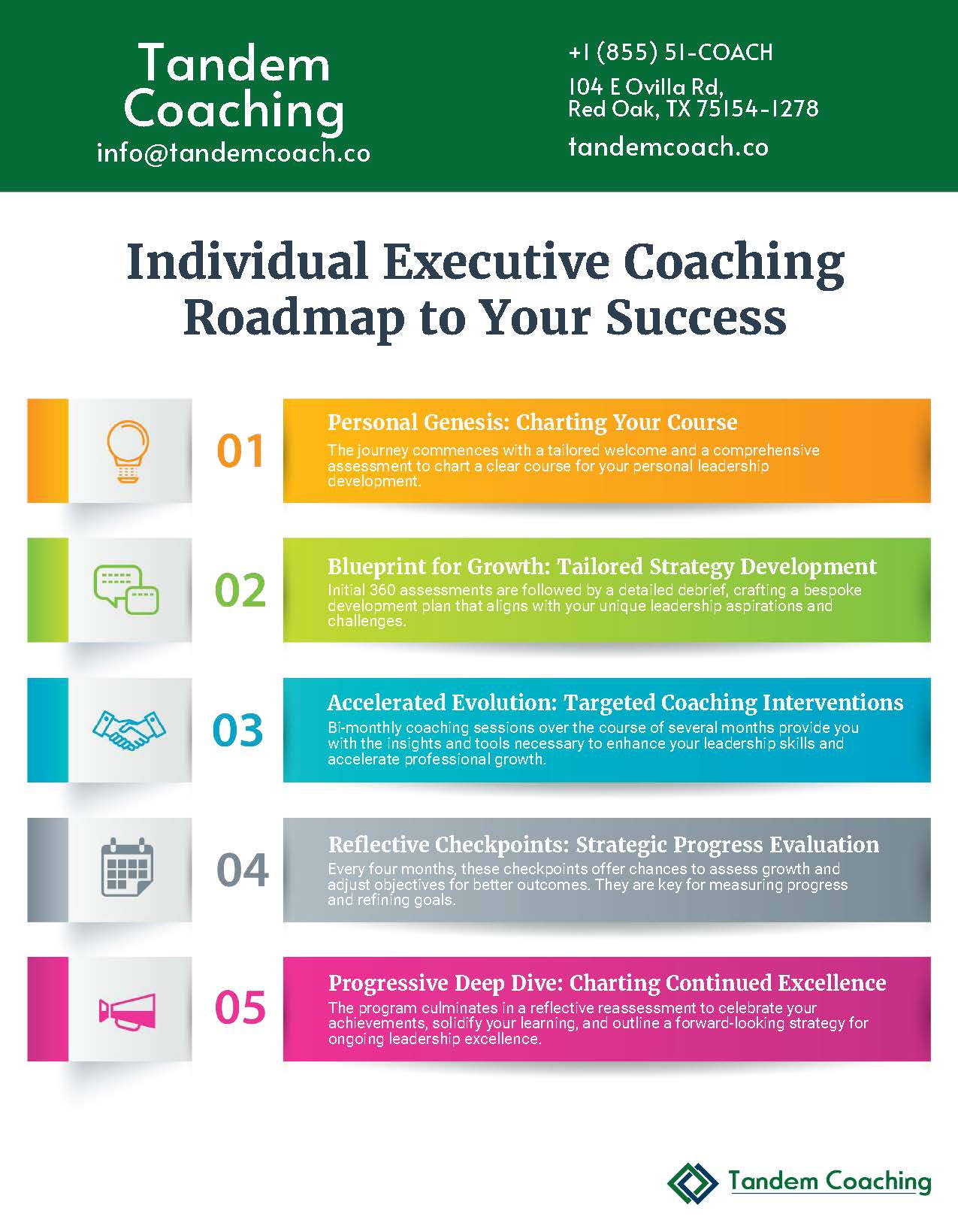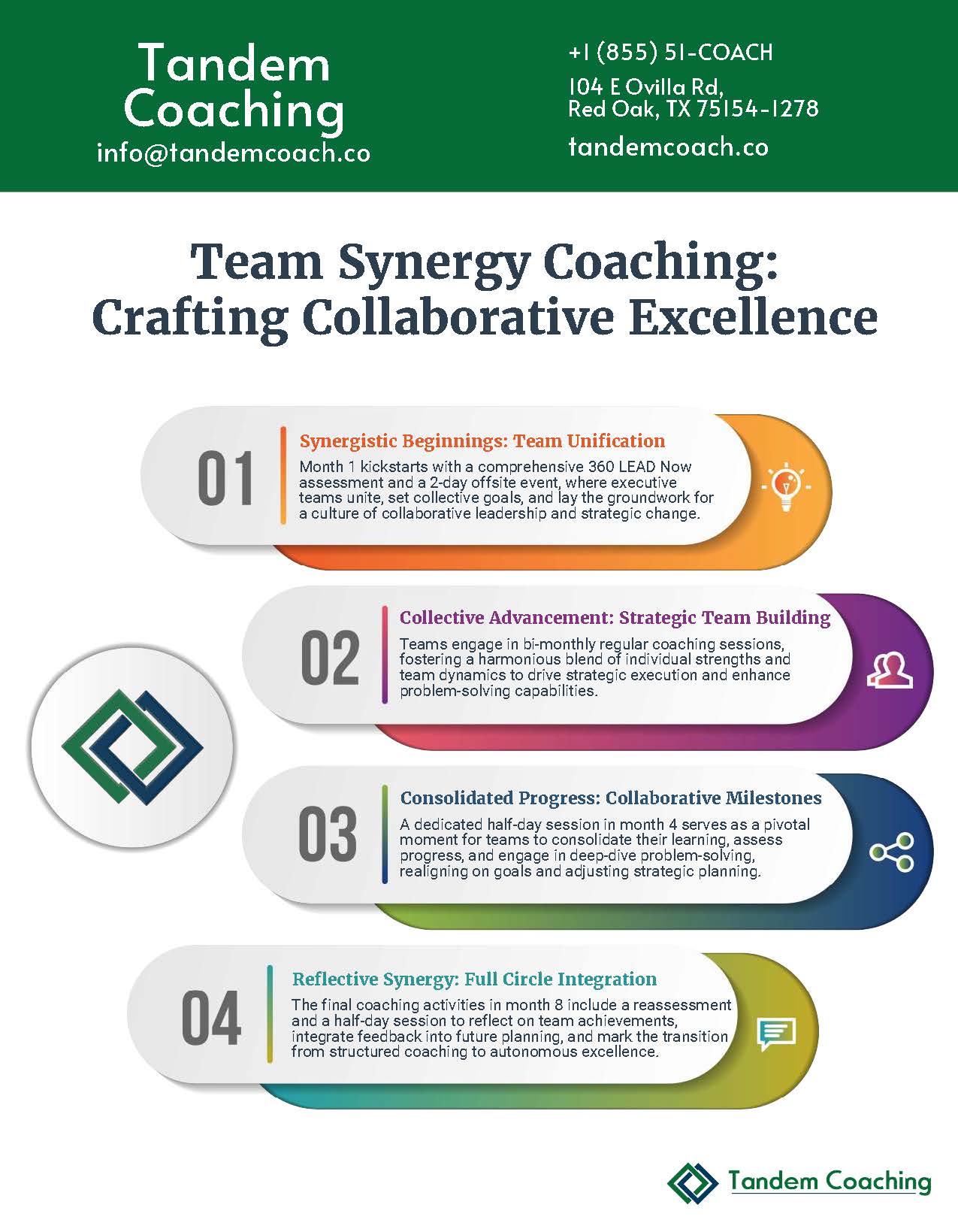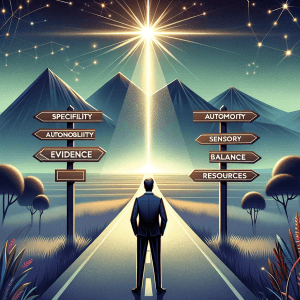What if the key to unlocking your coaching potential was just one certification away?
Put yourself in the client’s shoes for a moment: imagine having to choose a coach amongst the thousands offering their services online and offline. How would you know whom to trust? Becoming an Associate Certified Coach (ACC) means that clients have a way to see that you are credible and professional, even if they have never met you before.
This is confirmed by the fact that 80% of clients said they expect their coaches to be certified or credentialed.
In this guide, we’ll demystify the path to obtaining your ICF ACC certification, breaking down the requirements, application process, and best practices to help you reach this significant milestone.
TL;DR – ICF ACC Requirements
If you are thinking about becoming an ICF-credentialed coach at the ACC level, here’s a summary of the requirements you have to meet:
- Training Hours: Take an ICF-accredited, coach-specific training.
- Coaching Experience: Show what you already know.
- Mentor Coaching: Work with an experienced mentor coach.
- Performance Evaluation: Send in a recorded coaching session.
- Knowledge Test: Finally, take the credentialing exam.
We’ll go into more detail on how to become ACC credentialed in the article below.
Are you ready to start your certification journey right now? Check out our ICF-accredited ACC training program that will make the process smooth and straightforward for you.

What is an ICF ACC Credential?
The ICF ACC credential is a certification for professional coaches who are relatively new to coaching. It signifies that the coach has demonstrated a basic understanding and application of the ICF core competencies and ethical standards. Earning this credential involves completing specific training and practical coaching experience.
If you are a very experienced coach with several years of coaching under your belt, you might want to go straight to our PCC certification training program.
What is an ACC-credentialed Coach?
The ICF ACC (Associate Certified Coach) credential is the first step for coaches who want to build a professional career in coaching. This certification demonstrates that a coach has a foundational understanding of the ICF core competencies as well as the ability to apply these skills in real-world coaching scenarios.
Earning the ACC credential has several benefits. First, it validates your coaching skills, making you more credible to potential clients. This certification also distinguishes you in a crowded market, signaling you have met high industry standards.
Lastly, by obtaining the ACC credential, you join a global community of ICF-certified coaches, enhancing your professional network and providing ongoing support and learning opportunities.

How to Become an ICF Certified Coach
Becoming an ICF-certified coach is a structured process that ensures you meet the International Coaching Federation’s high professional standards. You start your journey by completing an ICF-accredited coach training program. These programs cover essential coaching techniques, ethical guidelines, and the ICF core competencies, providing you with a solid foundation in coaching practice.
After your training, you’ll have to accumulate a specific number of coaching hours, which varies depending on the certification level (see below). This hands-on experience helps you apply your knowledge in real coaching scenarios.
The final step is the assessment process, which includes a written exam and a performance evaluation. The performance evaluation typically involves submitting recorded coaching sessions (and transcripts) for review by ICF assessors.
There are three levels of ICF certification:
- Associate Certified Coach (ACC): This entry-level certification is for coaches who have completed at least 60 hours of training and 100 hours of coaching experience. It’s ideal for new coaches or those just starting their professional coaching journey.
- Professional Certified Coach (PCC): The PCC is a mid-level certification for which you must accumulate at least 125 hours of coach-specific training and 500 hours of coaching experience. It is suited for coaches with more experience who want to demonstrate a higher level of competency.
- Master Certified Coach (MCC): The MCC is the highest level of ICF certification. It requires at least 200 hours of training and 2,500 hours of coaching experience. It is designed for highly experienced coaches who have demonstrated mastery of coaching skills and competencies.
Depending on where you are in your career as a coach, you can apply for the certification level that best suits your level of experience and learning. If you are interested in learning more, read up on the different ICF certification levels.

ICF ACC Requirements to Become an Associate Certified Coach
To become an Associate Certified Coach, you must meet several detailed requirements, ensuring you are thoroughly prepared and competent in the coaching field.
Training Hours
You must complete at least 60 hours of coach-specific training through an ICF-accredited program. This training is designed to equip you with essential coaching skills, knowledge of core competencies, and an understanding of ICF’s ethical standards. The program will cover a range of topics, including coaching methodologies, communication techniques, and ethical guidelines.
Coaching Experience
Another requirement is accumulating a minimum of 100 hours of coaching experience. These hours must have been logged with at least eight different clients, providing a breadth of practical experience. At least 25 of these hours must have been conducted recently (max. 18 months prior to applying).
The coaching experience should be diverse, covering various coaching scenarios to ensure you are well-rounded and adaptable. Importantly, at least 75 of these hours must be paid coaching, underscoring the professional nature of your practice.
Mentor Coaching
You need to complete 10 hours of mentor coaching over a minimum of three months. At least three of those hours must be one-on-one sessions. This mentor coaching must be provided by an ICF-certified mentor coach.
The mentor coaching sessions focus on developing your coaching skills through feedback and reflective learning. This process helps you align your practice with ICF standards, ethics, and core competencies.
Performance Evaluation
This very hands-on part of the certification process involves submitting a recording and transcript of a coaching session for evaluation. The recording is reviewed by ICF assessors who evaluate your ability to apply coaching competencies effectively. The evaluation ensures you demonstrate the skills and techniques expected of an ACC-credentialed coach.
Knowledge Test
Lastly, you must pass the ICF credentialing exam. This test assesses your understanding of the ICF core competencies, ethical standards, and coaching principles.
The credentialing exam is a test you can take at an accredited testing center or online. It is monitored by an official invigilator who is also online.
We know that it can seem overwhelming when it’s all laid out like this. At Tandem Coaching, we are set up to guide you through the process. Let’s get you started on your ACC certification!

ICF ACC Assessment and Performance Evaluation Process
The ICF ACC assessment and performance evaluation process is designed to thoroughly assess your readiness to become an ACC-credentialed coach.
- Submit a Recorded Coaching Session: One component of this process is submitting a recorded coaching session together with a transcript. This recording is carefully reviewed by ICF assessors, who look for evidence of your ability to apply the coaching competencies in real-life scenarios.
They want to see that you make clear agreements and set realistic expectations with the client, listen actively, and ask questions conducive to exploration.
- Pass the Credentialing Exam: Besides the performance evaluation, you’ll need to pass the ICF credentialing exam. This is an exam that tests your theoretical understanding of coaching principles, including the updated core competencies and ethical guidelines.
You’ll only be invited to take the credentialing exam once the ICF assessors have fulfilled and reviewed all your other requirements. If they have any questions or need you to submit additional materials, they will reach out to you. Only once everything is approved will you get your invitation to the credentialing exam.
Once you receive your invitation, you have 60 days to schedule and take the exam. To pass, you’ll need to get at least 460 out of 600 points. Good preparation will go a long way!
Encouraging fact: 75% of coaches pass the exam on the first take. So you can do it too!
Should you fail the first time around, you can retake the exam. That does involve additional cost, though.

Frequently Asked Questions (FAQs)
Here are a few frequently asked questions about the ACC requirements:
What Are the ICF ACC Coaching Hours?
You must complete 100 hours of coaching experience to earn the ICF ACC credential. These hours must include work with at least eight clients, and at least 75 of the 100 hours must be paid coaching.
What Are the ICF-accredited Coach Training Programs?
ICF-accredited coach training programs provide a robust education in coaching, focusing on key areas like coaching skills, techniques, ethics, and the ICF core competencies. They lay the foundation for building an effective coaching practice. The curriculum often includes a blend of theory and practical applications, ensuring you develop the necessary skills to meet ICF’s high standards.
The programs are flexible, offering various formats, such as in-person workshops, online courses, or hybrid models to accommodate different learning preferences. Beyond just coursework, these programs often incorporate practical components like mentor coaching and peer coaching, which give you hands-on experience in real-world coaching scenarios.
Completing an ICF-accredited coach training program also connects you to a global community of coaches, providing great opportunities for peer support and professional development.
How Valuable is Having an ICF Certification for Coaches?
Having an ICF certification is really valuable for coaches. It enhances your credibility, proving that you meet high professional standards. It also provides access to a whole coaching community. An ICF certification can open doors to new clients and career opportunities, making it a worthwhile investment in your coaching career.
At Tandem Coaching, we’ve seen many success stories among our alumni, who have reached new levels in their coaching careers once they’ve been certified.
Conclusion
Understanding the ICF ACC requirements and preparing effectively can streamline your journey to becoming a certified coach. By following the outlined steps and meeting the necessary criteria, you can achieve your ACC credential and enhance your professional standing. Embrace the process, invest in your development, and take the next step in your coaching career with confidence.
If you are looking for a trusted partner to embark on this journey with, check out our ICF-accredited ACC training program.



Boost Your Leadership Team Success!
Take your leadership team to the next level and achieve great results with our executive coaching.
Learn how our coaching and ASPIRE method can change things for you—get a free brochure to begin your journey.
About the Author
Cherie Silas, MCC
She has over 20 years of experience as a corporate leader and uses that background to partner with business executives and their leadership teams to identify and solve their most challenging people, process, and business problems in measurable ways.
![Best Leadership Development Tools [Top 5 Ranked and Compared]](https://cdn.tandemcoach.co/wp-content/uploads/2024/08/TC-113-1.jpg)














